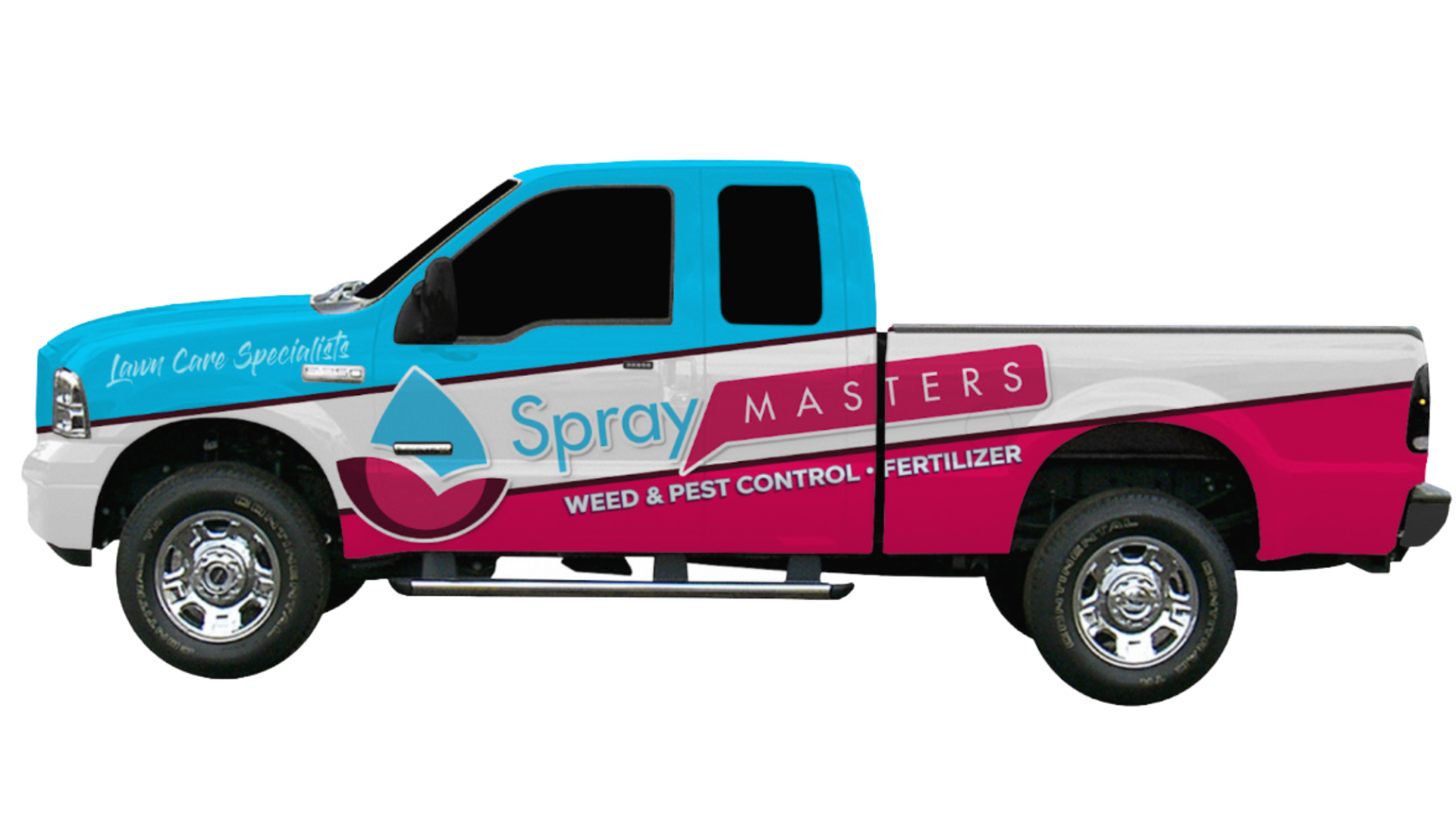Chinch Bug Control service
Discover preventive strategies and treatments offered by Spray Masters to keep chinch bugs at bay and ensure the long-term health of your lawn in Sanford, Raleigh, and Aberdeen.
Identifying and Eliminating Chinch Bugs
Chinch bugs, the tiny troublemakers that can wreak havoc on your lush green lawn, are a concern for many homeowners. These pests feed on grass, leaving behind dry, brown patches that are unsightly and challenging to repair. Fear not! Spray Master is here with essential tips to prevent chinch bug infestations and keep your lawn thriving.
Beware! Chinch Bugs: The Sneaky Lawn Invaders Revealed
List of Services
-
Understanding Chinch Bugs: Sneaky Lawn InvadersList Item 1
Chinch bugs are minuscule insects, about a quarter of an inch in size, but their impact on your lawn can be significant. They have a penchant for sucking the sap out of grass blades, leading to yellowing and eventual death of the affected turf. Identifying these pests early is crucial to effective prevention.
-
Signs of Chinch Bug Infestation: How to Spot TroubleList Item 2
Recognizing the signs of a chinch bug invasion is the first step in protecting your lawn. Keep an eye out for:
Yellowing Grass: Chinch bugs damage grass by extracting its juices, causing sections of your lawn to turn yellow.
Brown Patches: As the infestation progresses, affected areas become dry and brown, resembling drought damage.
Tiny Bugs: Spotting small, black-and-white adult chinch bugs or their reddish nymphs in the grass is a clear sign of trouble.
Edges of the Lawn: Chinch bugs often start their feast at the edges of the lawn, so pay extra attention to these areas.
-
Chinch Bug Prevention Tips: Shielding Your Lawn
Now, let’s delve into effective chinch bug prevention strategies
Regular Mowing: Keep your grass at an optimal height to promote a healthy lawn and discourage chinch bugs.
Proper Watering: Chinch bugs thrive in dry conditions, so ensure your lawn gets adequate and consistent watering.
Lawn Aeration: Improve soil drainage and reduce thatch by aerating your lawn, making it less appealing to chinch bugs.
Resistant Grass Varieties: Opt for grass types known to be less susceptible to chinch bug damage.
Natural Predators: Encourage beneficial insects like ladybugs and spiders that prey on chinch bugs.
Avoid Excessive Nitrogen: While nitrogen is essential for lawn health, excessive amounts can attract chinch bugs. Follow recommended fertilization practices.
Why Choose Spray Master for Chinch Bug Prevention?
Expertise: Our team consists of certified professionals with extensive knowledge of chinch bug behavior and prevention strategies.
Eco-Friendly Solutions: Spray Master prioritizes environmentally friendly solutions, ensuring effective chinch bug control without harming your lawn or the environment.
Integrated Approach: We adopt a holistic approach, combining lawn care practices, natural deterrents, and targeted treatments for comprehensive chinch bug prevention.
Customer Satisfaction: Spray Master is committed to your satisfaction, providing tailored solutions to meet your specific lawn care needs.
FAQ – Your Chinch Bug Prevention Queries Answered
Can chinch bugs kill my entire lawn?
While chinch bugs can cause significant damage, prompt identification and prevention measures can usually save your lawn.
Will pesticides harm my lawn?
Spray Master uses targeted, eco-friendly pesticides that effectively control chinch bugs without harming your lawn.
How fast do chinch bugs reproduce?
Chinch bugs reproduce rapidly, with several generations per year. Early prevention is key to avoiding an infestation.
Is it possible to prevent chinch bugs naturally?
Yes, natural methods like proper lawn care, encouraging beneficial insects, and aeration can contribute to chinch bug prevention.

